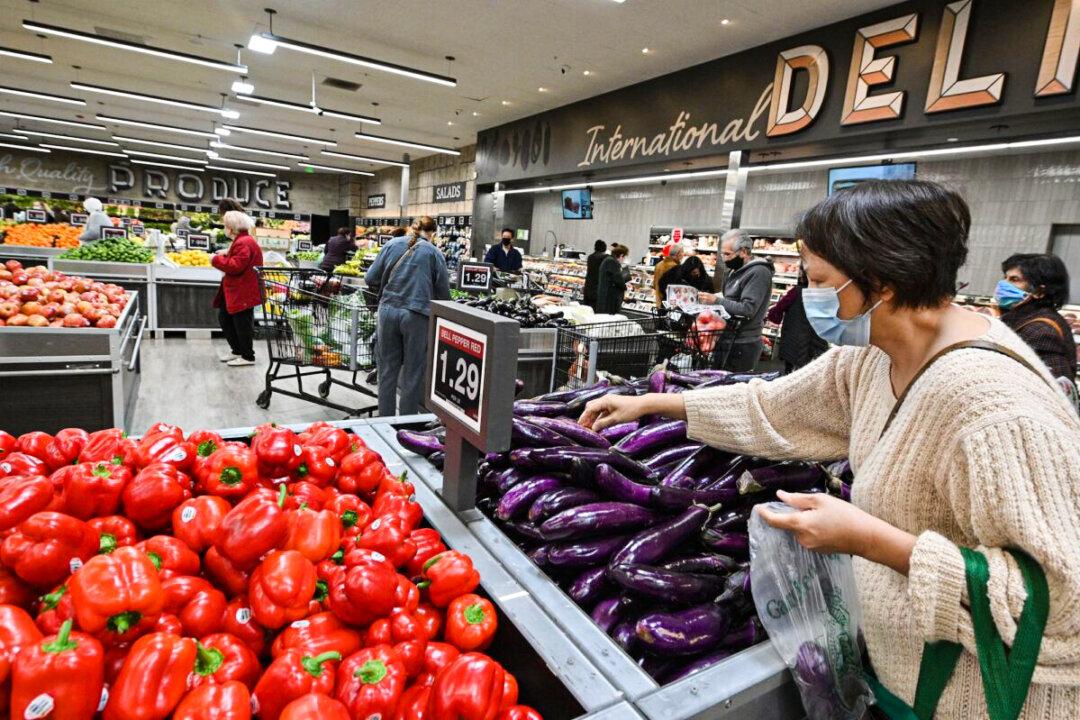Floridians are cutting back on food spending as well as nonessential items amid recent price hikes and surging inflation, according to the latest statewide survey from the Florida Atlantic University Business and Economics Polling Initiative (FAU BEPI).
The online survey was conducted May 20–22 with over 530 respondents in the Sunshine State, FAU BEPI said.




